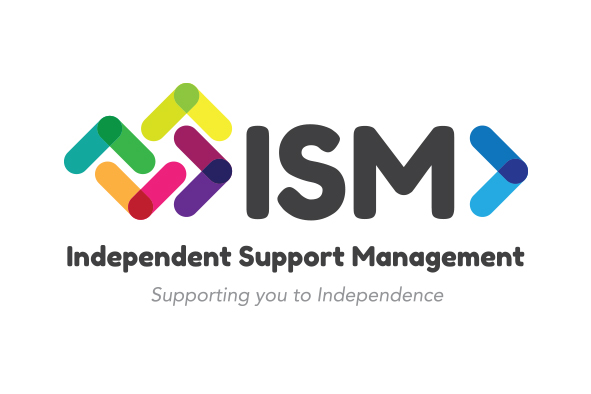🏥 Disability-Related Health Supports in the NDIS
Welcome to ISM's Knowledge Hub! 👋
Navigating health-related supports under the NDIS can be overwhelming. If your disability affects how you manage a health condition, the NDIS may fund disability-related health supports to help. Let’s break down what’s covered, what isn’t, and how you can access the supports you need.
🔧 What Are Disability-Related Health Supports?
Disability-related health supports help manage a health condition that directly results from a person’s disability. The NDIS funds these supports only when they are linked to a participant’s disability and meet the "reasonable and necessary" criteria.
Key areas the NDIS may fund include:
Dysphagia supports – Assistance with eating, drinking, or swallowing.
Diabetes management – Help with blood sugar testing or insulin administration.
Continence supports – Toileting assistance and continence products.
Wound and pressure care – Treatment for slow-healing wounds due to disability.
Respiratory supports – Assistance with breathing devices like cough assist machines.
Nutrition supports – Meal preparation and dietary planning.
Podiatry and foot care – Managing foot-related health conditions.
Seizure supports – Monitoring and managing seizures.
Access to health or mental health services – Support for complex communication needs.
Specialist disability supports – Assistance for conditions like acquired brain injuries.
The NDIS does NOT cover:
General medical treatments for health conditions unrelated to your disability.
Medications (these are covered under the Pharmaceutical Benefits Scheme).
Hospital stays, surgery, and ambulance services.
Clinical care provided by public or private health services.
💡 How Do You Get Disability-Related Health Supports?
1. Check if the support is related to your disability
Ask yourself: Would I need this support if I didn’t have my disability? If the answer is no, it might be eligible for NDIS funding.
2. Is it reasonable and necessary?
The NDIS assesses whether the support is:
Value for money – Is it the most cost-effective way to meet your needs?
Effective and beneficial – Will it improve your independence or well-being?
Not covered by the health system – If the health system covers it, NDIS won’t fund it.
3. Adding Supports to Your Plan
If you already have a plan and need disability-related health supports added, you can request a review. You’ll need:
Evidence from your doctor or allied health professional.
A support assessment showing how the requested support is linked to your disability.
Quotes for specific equipment or services if required.
4. Training for Support Workers
In some cases, the NDIS may fund training for support workers, family, or friends to help provide these supports. For example, a nurse may train a support worker to safely administer insulin.
🚀 Real-World Examples
✅ Funded: Maria’s Stroke Recovery
Maria had a stroke five years ago and needs help swallowing safely. The NDIS funds speech therapy and mobility aids so she can move independently and eat safely.
❌ Not Funded: Clive’s Stitches
Clive fell and needed stitches at the hospital. Since this wound care isn’t related to his disability, the health system covers it—not the NDIS.
✅ Funded: Hannah’s Diabetes Management
Hannah has Down syndrome and diabetes. She can’t check her blood sugar on her own, so the NDIS funds training for her support worker to assist.
🏆 Key Takeaways
The NDIS funds health supports directly related to a person’s disability, not general medical treatments.
To be approved, supports must be reasonable and necessary based on NDIS criteria.
Some health supports may require evidence from medical professionals.
If a support is not NDIS-funded, the Australian health system may provide it through Medicare or other programs.
Support workers can be trained to provide disability-related health supports when appropriate.
